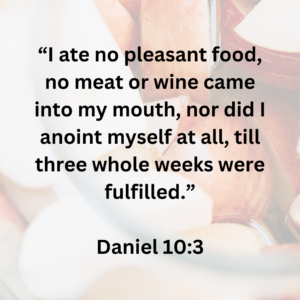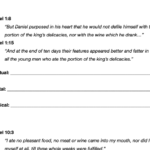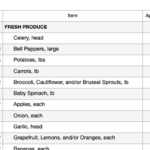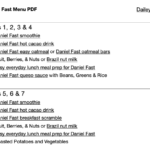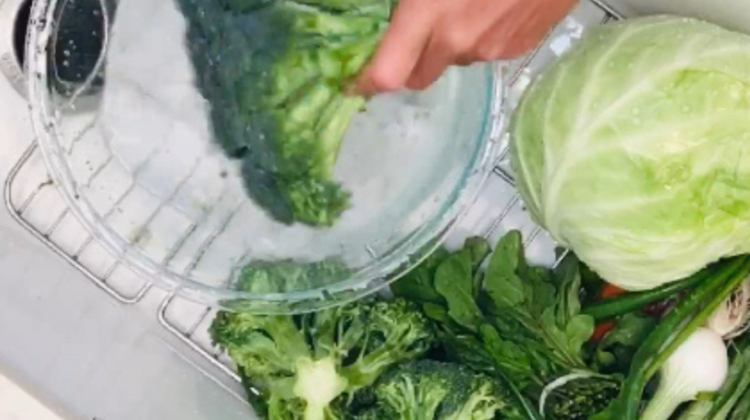
Looking for vegan foods rich in iron? In this post I share a big list of foods packed with plant-based iron as well as my favorite nutrition tracking tool for vegan diets. Keep reading to learn more about iron rich vegan foods and get inspired for your meal!
What are vegan foods rich in iron?
- There are many vegan foods rich in iron that can help meet your daily iron needs.
- Iron comes in two forms: heme iron (from animal sources) and non-heme iron (from plant sources).
Plant based foods for anemia
While non-heme iron is less easily absorbed by the body, you can boost absorption by pairing iron-rich foods with vitamin C-rich foods (like citrus, bell peppers, or tomatoes).
Best nutrition tracking app for vegans
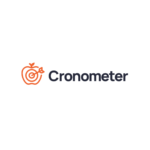
I use the Cronometer app for tracking my vegan nutrition. This app is great because it allows you to calculate iron for each recipe as well as your daily intake of foods. This is very helpful for helping you ensure you’re getting enough iron on a vegan diet. And, it helps you to adjust your meal plans to include vegan foods rich in iron.
37 vegan foods rich in iron
Here’s a big list of vegan iron-rich foods:
1. Legumes
- Lentils (9.0 mg per cooked cup)
- Chickpeas (4.7 mg per cooked cup)
- Black beans (3.6 mg per cooked cup)
- Kidney beans (5.2 mg per cooked cup)
- Soybeans (8.8 mg per cooked cup)
2. Tofu and Tempeh

- Tofu (3.4 mg per 4 oz)
- Tempeh (4.5 mg per 4 oz)
3. Seeds
- Pumpkin seeds (4.2 mg per ounce)
- Sesame seeds (4.1 mg per ounce)
- Hemp seeds (2.4 mg per ounce)
- Sunflower seeds (2.0 mg per ounce)
- Flaxseeds (0.8 mg per tablespoon)
4. Dark Leafy Greens
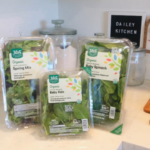
- Spinach (6.4 mg per cooked cup)
- Swiss chard (4.0 mg per cooked cup)
- Kale (1.1 mg per cooked cup)
- Collard greens (4.0 mg per cooked cup)
5. Whole Grains
- Quinoa (2.8 mg per cooked cup)
- Oats (2.0 mg per cooked cup)
- Amaranth (5.2 mg per cooked cup)
- Farro (3.0 mg per cooked cup)
- Brown rice (0.8 mg per cooked cup)
6. Nuts and Nut Butters
- Almonds (1.0 mg per ounce)
- Cashews (1.9 mg per ounce)
- Peanuts (1.6 mg per ounce)
- Almond butter (0.7 mg per tablespoon)
- Peanut butter (0.6 mg per tablespoon)
7. Dried Fruits
- Apricots (3.5 mg per 1/4 cup)
- Raisins (0.8 mg per 1/4 cup)
- Prunes (0.8 mg per 1/4 cup)
8. Fortified Foods
- Fortified breakfast cereals (varies, typically 4–18 mg per serving)
- Fortified plant milks (0.9–2.0 mg per cup)
- Fortified tofu (check labels for iron content)
9. Vegetables

- Potatoes (2.1 mg per medium potato)
- Beets (1.1 mg per 1/2 cup cooked)
- Brussels sprouts (1.2 mg per cooked cup)
10. Seaweed
- Nori (0.5 mg per sheet)
- Dulse (1.1 mg per ounce)
Tips for Absorption:
- Vitamin C: Pair iron-rich foods with foods high in vitamin C (like citrus fruits, strawberries, bell peppers, or broccoli) to enhance iron absorption.
- Avoid inhibitors: Tannins in coffee and tea, calcium in dairy or fortified foods, and phytates in some grains and legumes can inhibit iron absorption, so try to consume them separately from iron-rich meals.
By incorporating these foods into your diet, you can boost your iron intake and help prevent iron deficiency.
Further reading:
Save this post:


